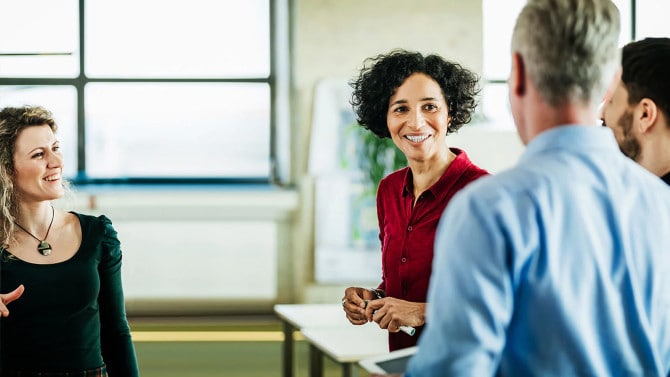We unite expertise and tech so you can outthink, outpace and outperform

We unite expertise and tech so you can outthink, outpace and outperform

Careers at PwC Isle of Man
We believe that challenges are better solved together. That’s why we’ve created a diverse, global community of solvers that encourages you to lead with your heart and values. We invite you to be a part of The New Equation.Join our community of solvers

About PwC Isle of Man
As a leading and trusted professional services firm on the Isle of Man we are committed to providing a quality industry-focused service across all our lines of service.

How can we help?
Our skilled and experienced people provide the support you need to address your business challenges.














